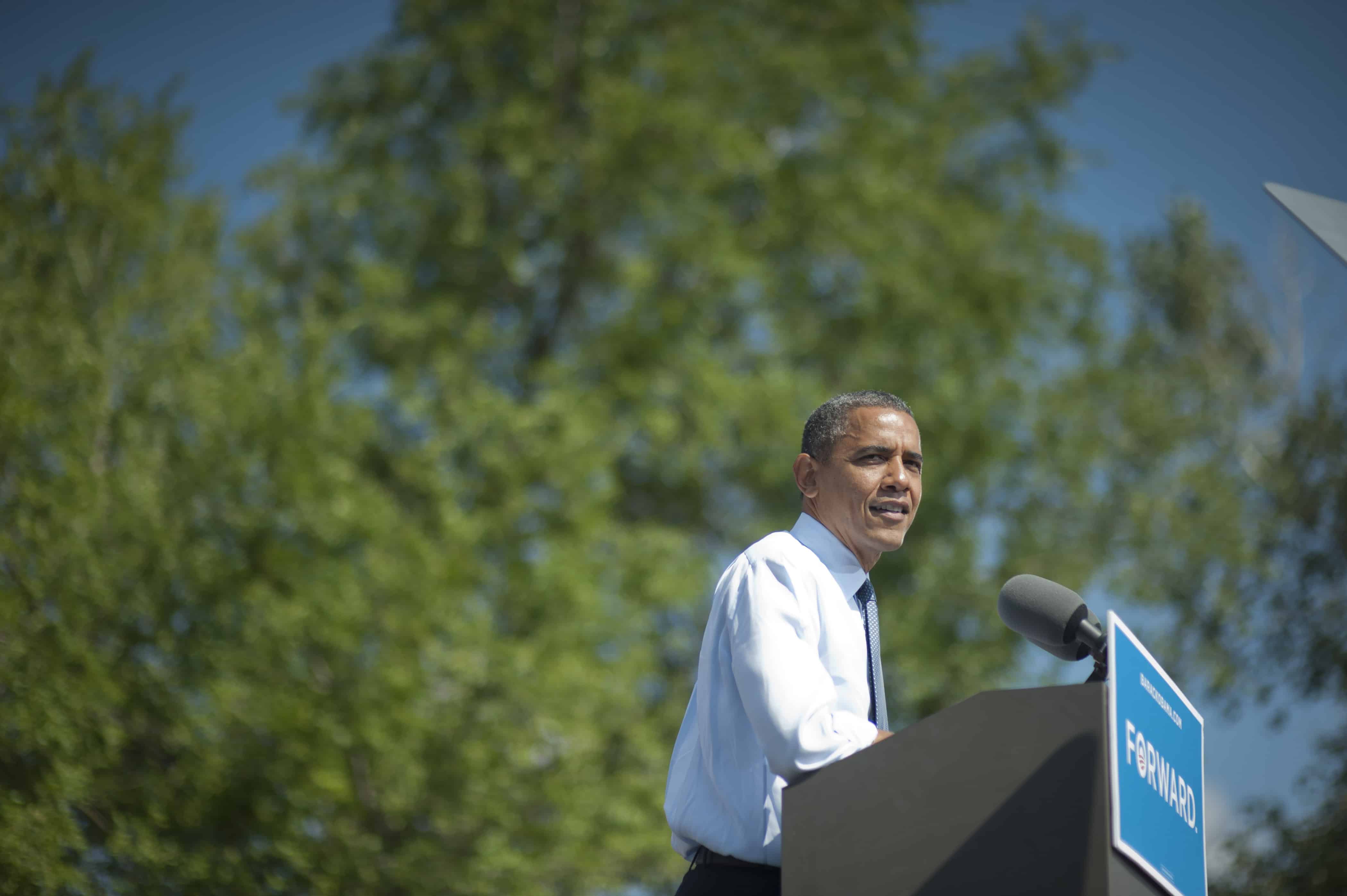Barrack Obama’s first term in office was a colossal disappointment. The saintly glow with which America’s first black president replaced the obtuse and wildly-unpopular George W. Bush faded quickly as the miracles expected of him failed, inexorably, to materialize. He did, as promised, end the Iraq war, but he didn’t shut down Guantanamo Bay, and he had no panacea for the economy, which continued to bleed despite his much-hyped stimulus package.
Obama should, however, be given his due. He inherited two disastrous wars and a teetering economy from his predecessor, and although his stimulus package should have been more robust, it was hardly insignificant, creating millions of jobs, and staving-off outright recession. He has, furthermore, given America it’s first semblance of a national health-care system — a historic move, bringing it one step closer to the rest of the industrial world in that respect.
Although unemployment remains high, and Americans are right to be frustrated, there’s no reason to do anything rash — like electing Mitt Romney. A cursory glance at Romney’s platform should be enough to terrify any sane person. He promises to repeal Obamacare in favor of a voucher system, which he claims will “preserve” and “strengthen” Medicare, while streamlining costs. In reality, as Paul Krugman points out, the Romney-Ryan tax cuts would kill the program, with brutal human costs, while deepening the deficit.
On another page, under the heading “Cutting the Red Tape” Romney promises to “tear down the vast edifice of regulations the Obama administration has imposed on the economy.” This includes ending the EPA’s “war on carbon dioxide” and repealing Dodd-Frank — the Democrat’s financial regulation act aimed at preventing a subprime-mortgage redux. The phrase “cutting the red tape” is either inadvertent tragicomedy, or outright mockery of the American public. A near identical slogan ran above the now-famous 2003 picture of government officials chain-sawing a pile of banking regulation, the demise of which helped lay the groundwork for the 2008 crash.
To be sure, Dodd-Frank is a poor fix for the financial system, but it’s shortcoming is that it’s too timid — allowing investment banks more than enough rope to hang themselves, once again, at public expense. The idea that it goes too far is a bad joke. If Romney were to repeal Dodd-Frank it would set the timer on the next, probably much worse, recession. And if climate change continues as it is universally expected to, Romney’s rhetoric about Obama’s “war on carbon” will be as embarrassing as his plans to slash FEMA funding by 40 per cent are in the wake of Hurricane Sandy — which was probably anthropogenic, at least in part.
Barack Obama isn’t a saint, he’s a typical centrist Democrat, his second term may well be as disappointing as his first. Compared to Romney’s disaster plan, though, Obama’s brand of disappointment seems downright utopian. Americans should vote for him again — but this time with open eyes. The world simply can’t take four years of Mitt Romney.


